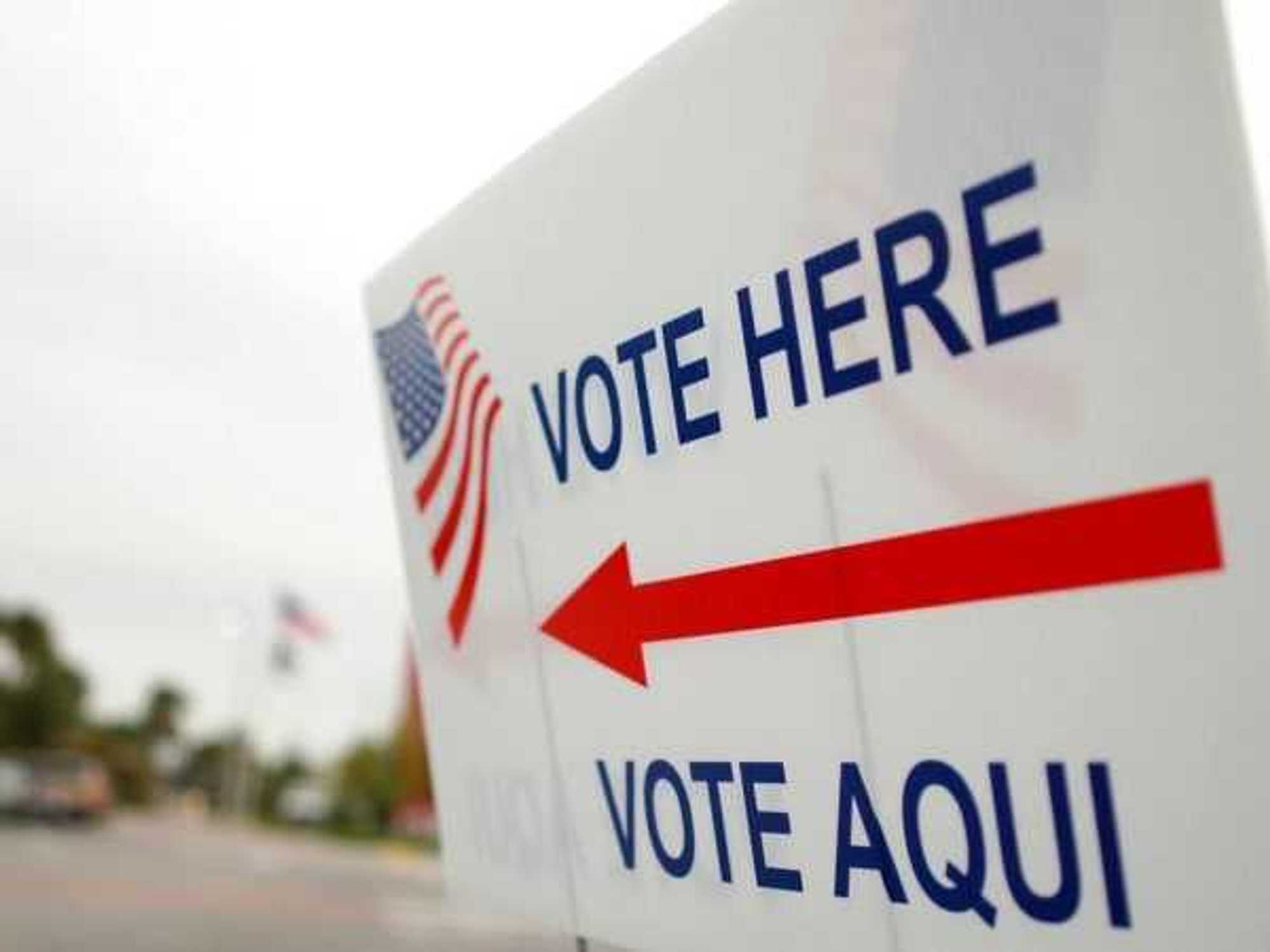Ridiculous legislation
From "Don't Say Gay" to The Blunt Amendment: Six pieces of legislation thatshouldn't fly under the radar this election year
With so many difficult and pressing challenges facing Americans in 2012, some elected officials have decided to tackle issues that are anything but. Here is a small sampling problems some legislators are choosing to focus their attention on in the new year instead of job creation, substantive education reform, environmental protections or improving the economy.
1. The Tennessee “Don’t Say Gay” Bill
Senator Stacey Campfield has become somewhat of a media darling since introducing SB49, which prohibits discussing “sexual orientation[s] other than heterosexuality” in kindergarten through eighth grade classes. The reason? Campfield believes age-appropriate discussions of other orientations might cause young children to question their own sexuality and rob parents of their chance to educate their children themselves. Critics say the bill would stigmatize LGBT students and point to Michigan’s Anoka-Hennepin School District, where a similar district-wide policy allowed bullying to flourish, sparking a suicide epidemic and a federal lawsuit.
2. New Hampshire’s Domestic Violence Bills
HB1581 and HB1608 were two New Hampshire bills that would have made it harder for the police to arrest domestic abusers and enforce protective orders. 1581 would have forced officers to obtain a warrant to make an arrest for any domestic violence they didn’t personally witness; 1608 would have required an abuser to violate a protective order three times before being arrested. Though these two bills died in committee earlier this month, Republicans on the national level are moving to block renewal of the Violence Against Women Act over enhanced protections for Native American and LGBT populations.
3. Arizona’s “Teacher Profanity” Bill
SB1205 is an Arizona bill that would bar teachers from speech or action in the classroom that the FCC would consider obscene, outlining a disciplinary process to punish infractions. Senator Lori Klein introduced the legislation after Floyd Brown, a Republican strategist in her district, claimed he had to homeschool his daughter after problems with a teacher’s profanity — a claim the school district contradicts, noting that a faculty member using profane language would be in violation of the district's standards of professional conduct. Every single district in the state has an internal mechanism to address this problem; SB1205 looks like vanity legislation intended to waste government resources and get Klein reelected.
4. Virginia’s Coercive Sonogram Bill
Of all of the bills being introduced around the country to hinder women’s access to health care, Virginia’s SB484 is among the worst. The bill, which has passed both the House and Senate, requires abortion-seekers to undergo an invasive and medically unnecessary sonogram in order to discourage and delay women from obtaining a legal medical procedure. Sonogram restrictions are often presented as an effort to “inform” women, but defenders of this bill could barely conceal their disdain for those they were making decisions for, with one state delegate calling the procedure a “lifestyle convenience.”
5. The Blunt Amendment
Written to counteract the birth control mandate in the Affordable Care Act, the Blunt Amendment would allow any insurer or employer to deny anyone any form of treatment by claiming a moral objection. This would allow employers to claim an ethical objection to expensive treatments or the treatment of stigmatized diseases, without being required to provide a religious rationale for doing so. Idaho, Missouri and Arizona plan on passing similar pieces of legislation at the state level.
6. The Federal Aviation Administration Re-authorization Act
Recently signed by President Obama, the Federal Aviation Authorization bill includes a provision to introduce unmanned drones into US airspace over the next three years. Drone aircraft can track people from up to 25 miles away at an altitude of over 20,000 feet, making them undetectable from the ground; one of the newer models can access communication grids and collect cell phone and text conversations remotely, without a warrant and without you even being aware of it. As lobbyists for the industry bragged in a recent report “the only changes made to the UAS section of the House FAA bill were made at the request of AUVSI. Our suggestions were often taken word-for-word.” With no public debate on the privacy issues at hand, drones are being introduced into US airspace to please the industry that manufactures them; as always, you will be paying for it.
